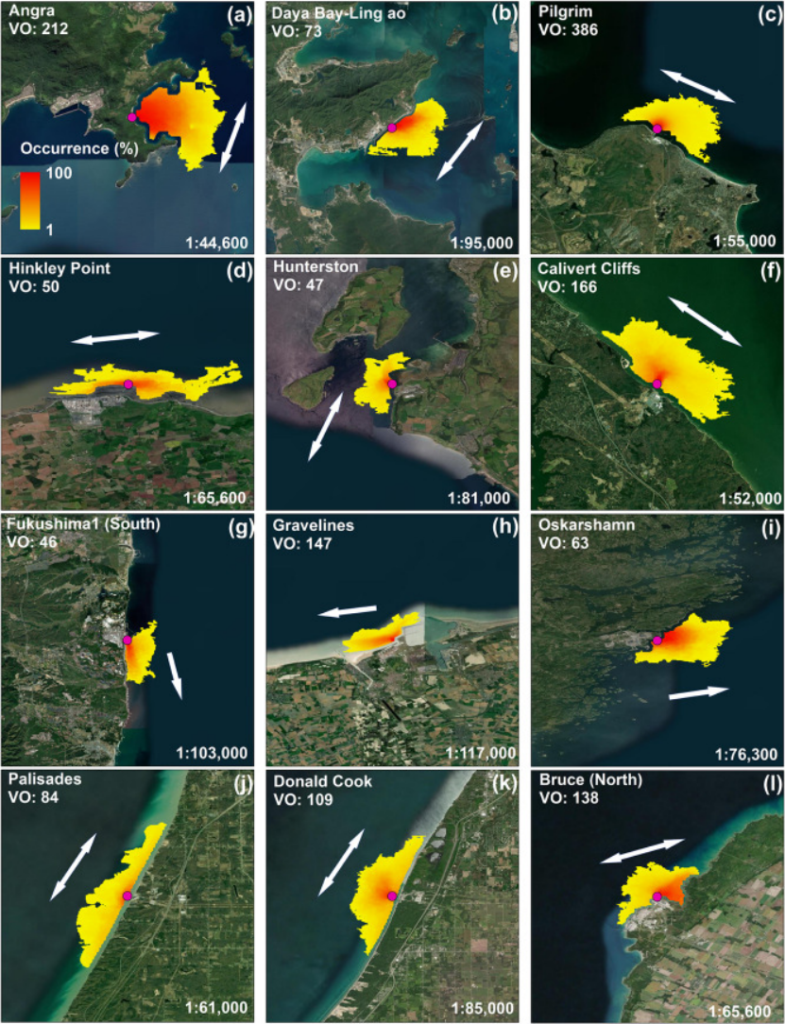Basic description The Global River Ice Phenology (GRIP) data is organized into three distinct tables. These tables document the annual freeze-up date, break-up date, and ice duration for 7,970 examined river segments determined by IDLRM from 2000 to 2021 in the study. The first column “river_id” is associated with unique identifiers for rivers in the
Basic descriptions The data set mainly includes the ice observation frequency (ICO) of north temperate lakes in four periods from 1985 to 2020, as well as the location, area and elevation of the lakes. Among them, the four time periods are 1985-1998 (P1), 1999-2006 (P2), 2007-2014 (P3) and 2015-2020 (P4) respectively, in order to improve
Basic descriptions The global annual lake ice phenological dataset includes the freeze-up date, break-up date, and ice duration for 74,245 lakes in the northern hemisphere. The dataset is divided into three parts: 1) current data, obtained from MODIS productions through a DLRM model (with parameters provided), covering the period of 2001 to 2020; 2) historical and
Basic descriptions The GLAST dataset is a comprehensive, high-temporal-resolution global lake surface temperature dataset, covering 92,245 lakes worldwide (with 36% located in the Arctic region) from 1981 to 2099. This dataset is generated through lake-specific calibrated simulations using the FLake model, with meteorological data as the driving force. The parameter calibration is achieved by using
Basic descriptions The GCNT-Plume dataset provides a comprehensive spatial distribution of the long-term occurrence and temperature increments of thermal plumes discharged from a total of 74 discharge outlets associated with 66 nuclear power plants located along global coastlines and the Great Lakes during their operational periods. This dataset is generated by segmenting thermal anomalies observed in




